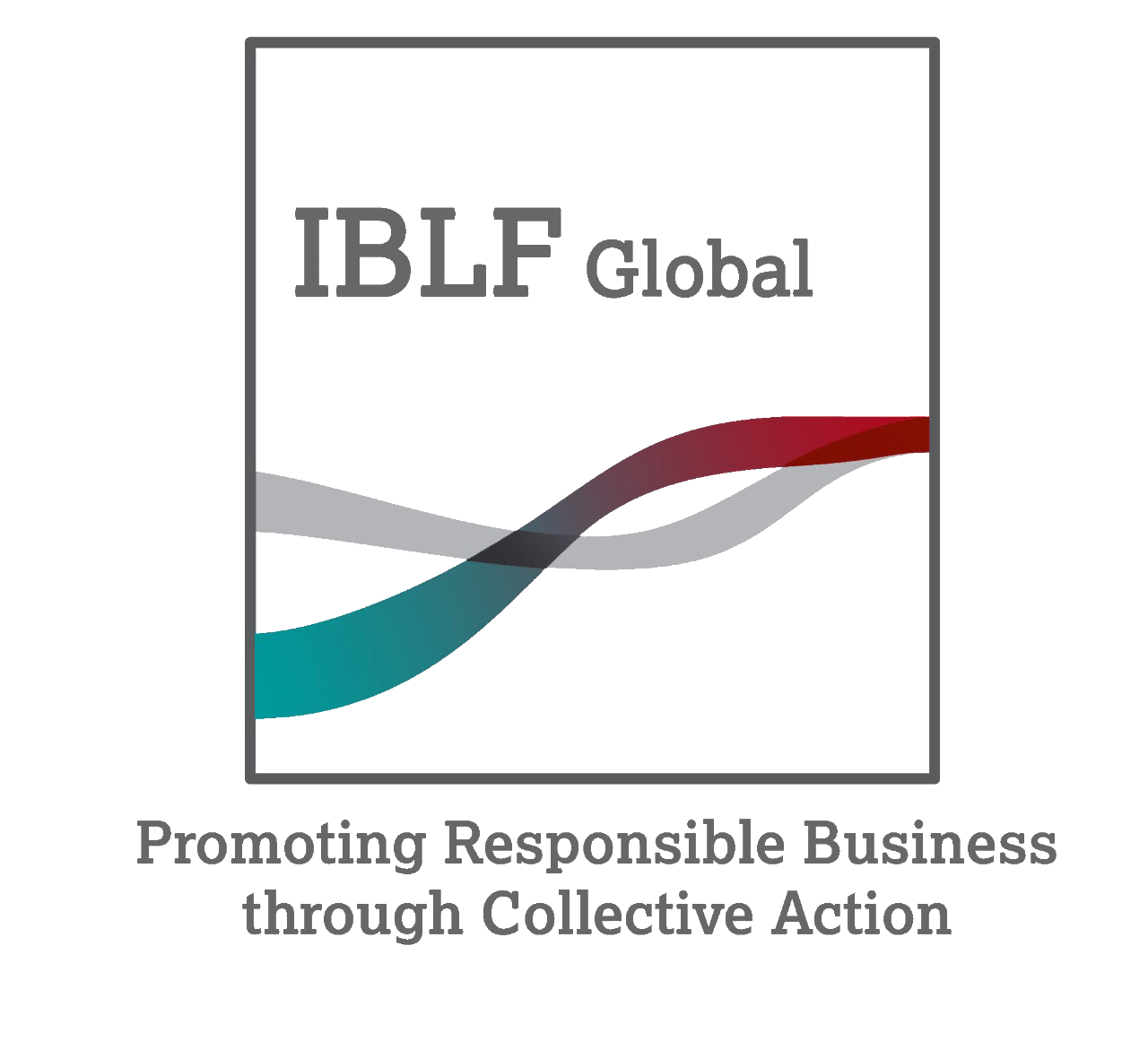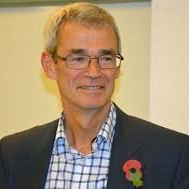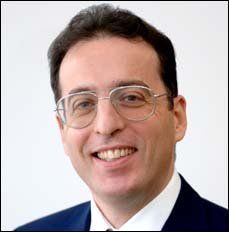Thought Leadership-BH & Mark P
Thought Leadership: Climbing Out of the Ethical Black Hole -Brook Horowitz and Mark Pyman.
January 3, 2019
Here’s a startling statistic: In Latin America only 30% of heads-of-state in the 1980s were prosecuted for corruption. By the 2000s, that had risen to 61%. So far this decade, 10 out of the 11, or 91% of the presidents elected since 2010 who have finished their mandates, either have been, or are currently being, prosecuted for corruption.
Something significant is happening. Whilst these prosecutions should not be construed as a defeat of corruption, they represent successful efforts to constrain corrupt elites. All of a sudden, top politicians can no longer assume impunity.
Nor is this new-found enthusiasm for prosecutions confined to Latin America. Within the G20, the Presidents of South Korea and South Africa have been recently removed from post by impeachment for corruption. And beyond, the former Pakistani and Malaysian Prime Ministers have been charged in relation to major corruption scandals. In all these cases, major companies are also being prosecuted.
Efforts to strengthen the laws and bring criminals to justice in the emerging markets have been a long time coming. Shaken by continued popular anger, the traditional tolerance of corrupt behaviour is beginning to change in many of the countries formerly considered to be amongst the most corrupt.
But this seismic shift is not matched in the West; on the contrary, corruption seems to be on the ascendant. Western banks continue to be caught out: Danske Bank (from Denmark of all countries – for years at the top of Transparency International’s Corruption Perception Index) has been caught laundering Russian funds through their subsidiary in Estonia. Goldman Sachs has been implicated in the Malaysian 1MDB scandal.
Not one banker has yet been prosecuted for the financial crash of 2008. And the financial services industry has pushed back hard against increased regulation.
Nor is this reluctance to address corruption confined to banking and financial services. The new tech companies have got away with underpayment of taxes via schemes which may be legal, but which are manifestly not ethical. Facebook is daily in the news for selling its subscribers’ data without permission. Volkswagen consciously undermined the diesel emissions safeguards for years.
Even with all their codes of conduct and armies of compliance officers, many companies are apparently still in an ethical black hole.
Part of the solution may be found in cultural change. Not just more legislation and stronger enforcement, but a social movement – at all levels of society, just like the ones that have shaken the emerging markets. Disgust at the corruption of elites and their self-serving behaviour is already a factor behind the populism in Europe and the US, whether coming from the left or the right of the political spectrum. Culture can shift quickly when the public wants change.
Business too can be part of this cultural change. At a minimum, companies have a major incentive not to fall foul of anti-corruption laws that could discredit their reputation. They have the technology to detect corrupt behaviour in their ranks. They have the resources to raise the awareness and vigilance of their employees and the companies in their global supply chains.
Beyond that, some leading companies are positioning themselves by taking more active roles in the fight against corruption. Companies have taken the lead in solving specific corruption problems relevant to their markets at the sector or industry level. There are successful multi-stakeholder initiatives led by companies such as limiting bribery at ports, avoiding corruption in rare mineral extraction, and creating a level playing field in the infrastructure industry. Such cases help companies to operate in a less risky business environment, and to protect and even enhance their corporate reputations. Above all, they contribute to a process of cultural change at all levels of business and society.
Mark Pyman is the founder of CurbingCorruption.com and Senior Fellow of the Institute for Statecraft. Brook Horowitz is CEO of IBLF Global, an NGO dedicated to promoting responsible business practices in emerging and developing markets.
IBLF Global
c/o SKS Ramon Lee Ltd
93 Tabernacle Street,
London EC2A 4BA,
United Kingdom
© 2013 IBLF Global. ALL
RIGHTS RESERVED



